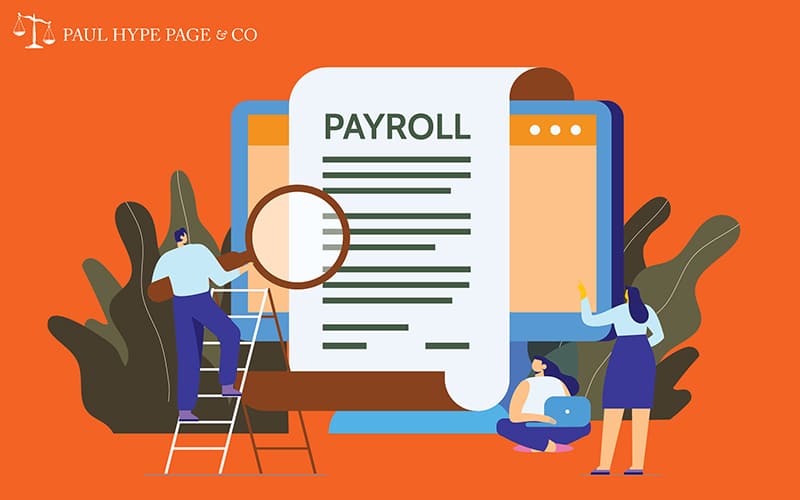Vietnam’s holiday and leave practices are a blend of traditional cultural observances and modern labour regulations, reflecting the country’s rich heritage and its commitment to workers’ rights.
Public Holidays
Vietnam offers a variety of public holidays throughout the year, combining national celebrations with international observances. Among these, the Lunar New Year, known as Tết, is the most significant, usually encompassing a week-long holiday period from January 20 to 26. Other important holidays include International Labour Day on May 1, Reunification Day from April 29 to May 1, and National Day from September 1 to 4. In total, Vietnamese workers enjoy about 19 public holidays in a year.
Leave Entitlements
Vietnam’s labour laws, particularly the 2019 Labour Code, stipulate several types of leave for employees, encompassing both paid and unpaid leaves:
Annual Leave:
Employees with at least 12 months of continuous service are entitled to paid annual leave. The standard leave duration is 12 days, increasing to 14 days for those in arduous or hazardous jobs and 16 days for extremely difficult conditions. Additional leave is granted for every five years of service.
Sick Leave:
The Labour Code allows for paid sick leave, with the duration depending on the employee’s years of social insurance contributions. The allowance varies from 30 to 60 days per year, with longer leaves for those in hazardous jobs or suffering from certain long-term illnesses.
Maternity Leave:
Female employees are entitled to six months of maternity leave, with two months paid by the Vietnamese Social Insurance Fund. Additional leave is granted for multiple births. Fathers or direct foster parents can take remaining maternity leave if the mother is unable to do so.
Paternity Leave:
Fathers are entitled to paternity leave ranging from 5 to 14 workdays, depending on the birth circumstances, such as a caesarean section or multiple births.
Compassionate Leave:
This leave is provided for the death of an immediate family member, with the duration determined by the employer.
Personal Days:
Employees in Vietnam can take leave for personal reasons such as marriage, death of close relatives, or children’s marriage, typically ranging from one to three days off.
Compensation for Working on Holidays
Employees working during public holidays are compensated at higher rates. For example, working on a public holiday warrants at least 300% of the usual pay, and night work on these days earns an additional 390% of the standard wage.
Leave for Foreign Employees
Expatriates working in Vietnam are entitled to additional leave days for their own traditional national public holidays and Vietnam’s National Day.
Pro-rata Leave and Termination
If an employee has worked for less than 12 months, they are given paid leave on a pro-rata basis. In cases of termination or resignation, employees receive payment in lieu of unused annual leave days.
This guide provides a snapshot of the holiday and leave practices in Vietnam, highlighting the country’s effort to balance work-life and cultural values. The evolving nature of labour regulations in Vietnam underscores the importance of staying informed and adaptable, ensuring both compliance and the well-being of the workforce. As Vietnam continues to grow and integrate into the global economy, these practices may be subject to further refinement, reflecting both local traditions and international labour standards.

